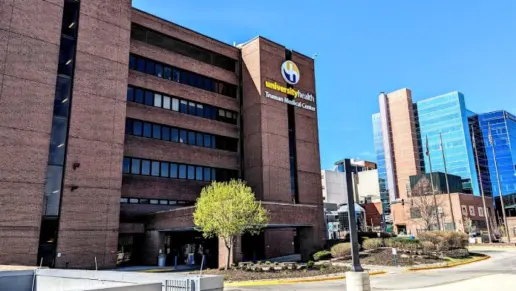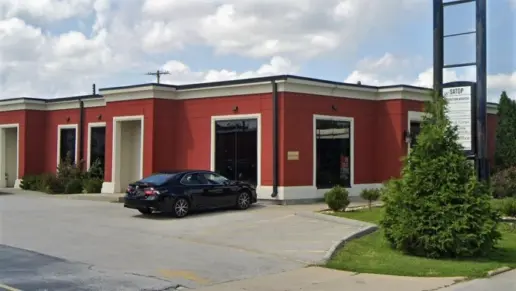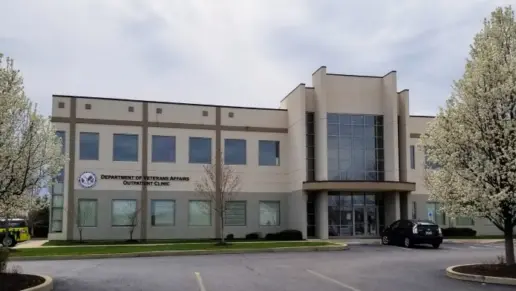It was remodeled, so it looks really cool. Awesome place for veterans to rediscover themselves and get your life together after so many hard stuff.
About The Salvation Army Midtown Service and Treatment Center
The Salvation Army Midtown Service and Treatment Center in St. Louis, Missouri, offers support to individuals impacted by addiction in a setting that fosters significant transformation and spiritual development. Their new cutting edge 22,500 square foot facility supports their mission of bringing about long lasting positive change in the lives of individuals and communities by treating addiction holistically.
Their method of addiction recovery combines traditional treatment which emphasizes changing lifestyle choices with social, biological and psychological evaluations that aid in creating customized care plans. People have the best chance of long term success, stability and sobriety when a customized and all encompassing treatment program is established.
The facility offers a wide range of services to address every facet of a person. They have upheld their commitment to providing for human needs while collaborating with St. Louis City and County to create a new model for substance abuse services and treatment. They take into account best practices as well as a wider range of customers including those with both private and public health insurance. The ground floor of the new facility has a community room, offices and a neighborhood clinic. Advanced substance abuse treatment is available on the upper two floors.
They treat both male and female clients with substance abuse treatment services. They offer detoxification services in a social setting, withdrawal stabilization, and short term residential treatment. They offer innovative psychotherapeutic approaches based on the most recent evidence based recovery therapies. They have 16 patient beds.
They provide integrated treatment and family education, therapy, and support for dual diagnosis clients. They provide case management and outpatient relapse prevention services to help with housing, health, work and other needs.
Facility Overview
Rehab Score
Gallery
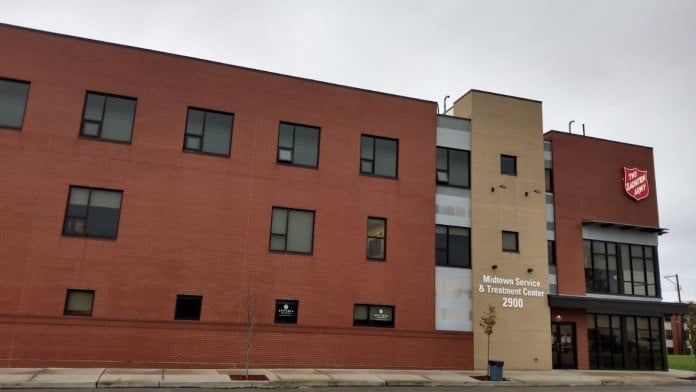
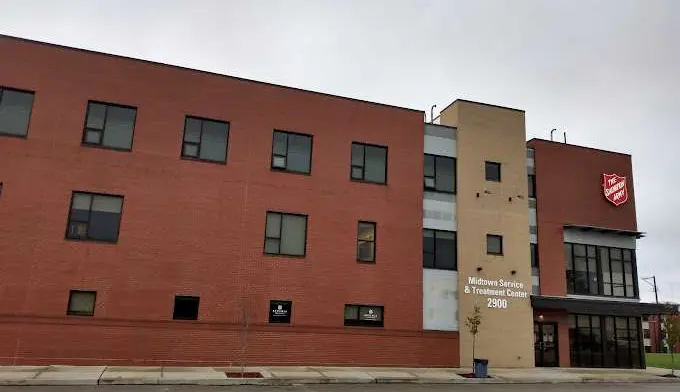
Location
Other Forms of Payment
Self-pay involves paying for treatment out of your own pocket. You can use savings or credit, get a personal loan, or receive help from family and friends to fund your treatment. If you don't have insurance or your insurance plan doesn't cover a specific program, self-pay can help ensure you still get the care you need.
Financial aid can take many forms. Centers may have grants or scholarships available to clients who meet eligibility requirements. Programs that receive SAMHSA grants may have financial aid available for those who need treatment as well. Grants and scholarships can help you pai for treatment without having to repay.
Sliding scale payments are based on a client's income and family size. The goal is to make treatment affordable to everyone. By taking these factors into account, addiction recovery care providers help ensure that your treatment does not become a financial burden to you or your family, eliminating one barrier to care.
Addiction Treatments
Levels of Care
Treatments
The goal of treatment for alcoholism is abstinence. Those with poor social support, poor motivation, or psychiatric disorders tend to relapse within a few years of treatment. For these people, success is measured by longer periods of abstinence, reduced use of alcohol, better health, and improved social functioning. Recovery and Maintenance are usually based on 12 step programs and AA meetings.
Drug rehab in Missouri usually involves several phases: detox, rehab, and aftercare. The rehab phase may include a combination of inpatient and outpatient treatments, as the individual moves through a continuum of care on their recovery journey.
Opioid rehabs specialize in supporting those recovering from opioid addiction. They treat those suffering from addiction to illegal opioids like heroin, as well as prescription drugs like oxycodone. These centers typically combine both physical as well as mental and emotional support to help stop addiction. Physical support often includes medical detox and subsequent medical support (including medication), and mental support includes in-depth therapy to address the underlying causes of addiction.
Substance rehabs focus on helping individuals recover from substance abuse, including alcohol and drug addiction (both illegal and prescription drugs). They often include the opportunity to engage in both individual as well as group therapy.
Programs


Clinical Services
The goal of cognitive behavioral therapy in Missouri is to help clients change their thinking and behavioral patterns. Strategies of treatment include role playing, facing fears, and calming techniques.
Motivational interviewing is a short term method often used during drug rehab in Missouri. It typically lasts one or two sessions, with the goal of facilitating conversation about change. The client should leave the sessions feeling more decisive and secure in their ability to make the changes they desire in their life.
Within a trauma therapy environment, you have a structured approach to healing from past traumatic events that you witnessed or experienced. You are guided to understand your response and then develop healthier coping skills and mechanisms that Foster greater empowerment and recovery.
Contact Information
2900 Washington Avenue
Saint Louis MO, 63103
